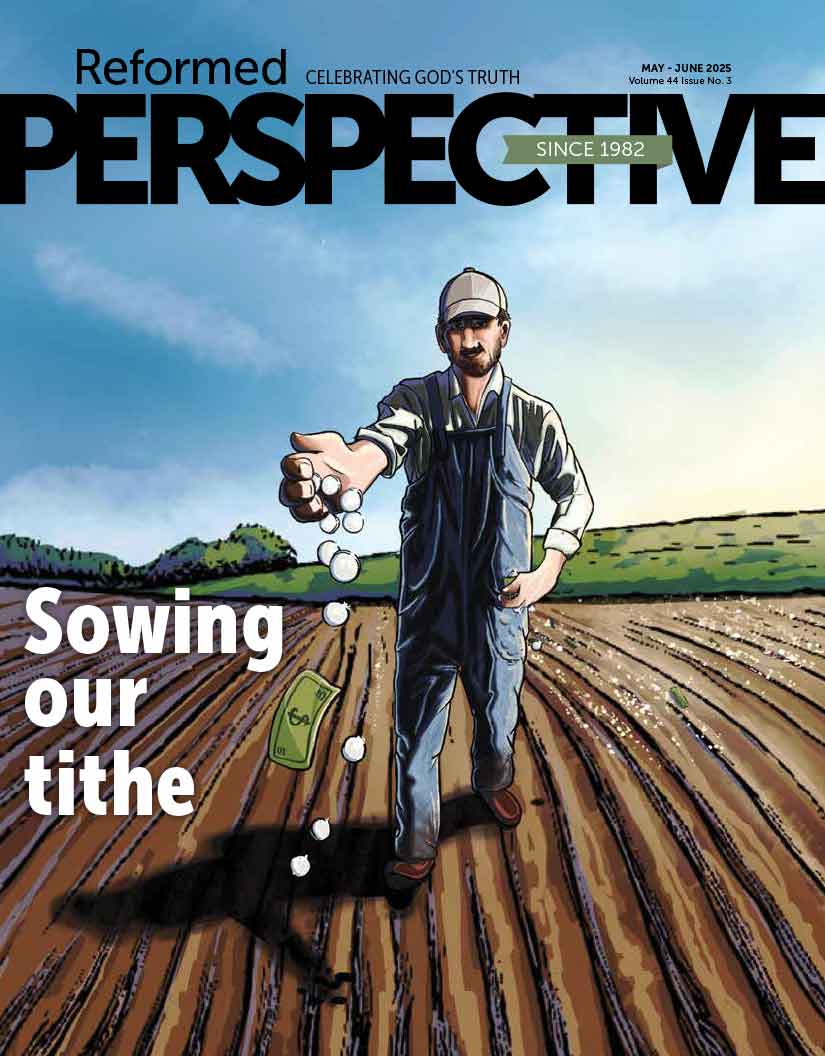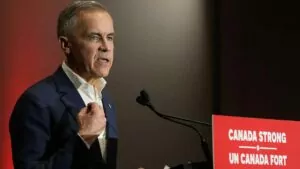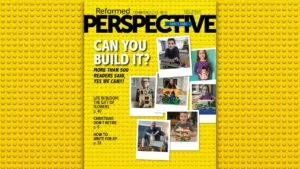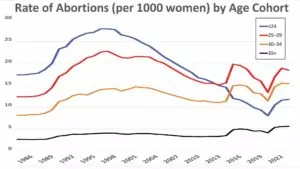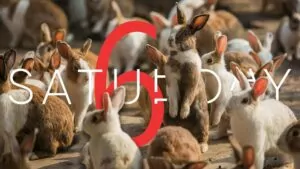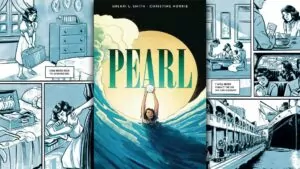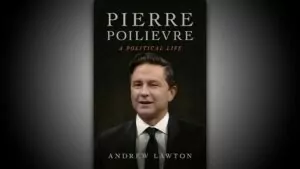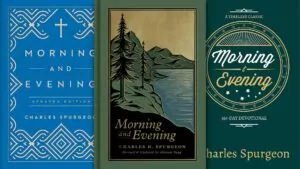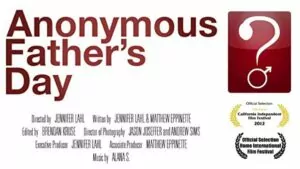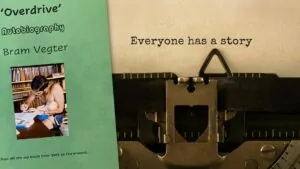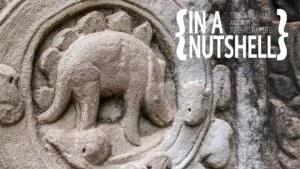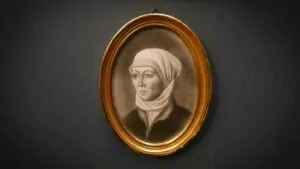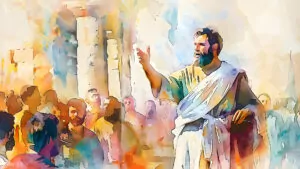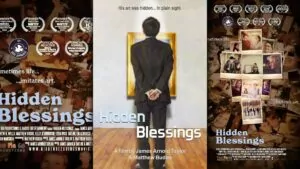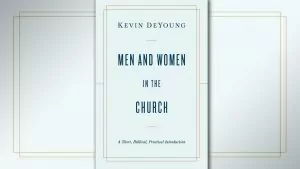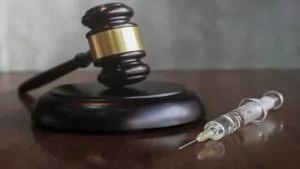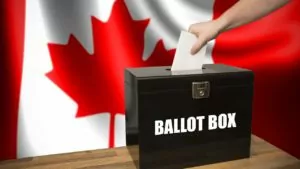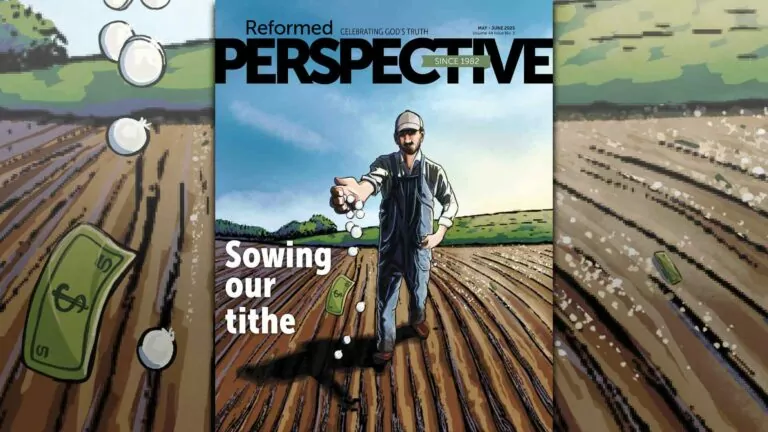
Magazine, Past Issue
May/June 2025 issue
WHAT'S INSIDE: If businesses tithed / Pierre Poilievre: sometimes access comes with too high a cost / Being thrifty and finding hope / A principled (and practical) guide to tithing / 5 things I'd like my kids to learn about money / God love a cheerful giver: 6 ways to restore the joy of giving / How to lock your phone from pornography... 101 / A Church response is needed to stop the porn crisis / RP's 10-day screen-fast challenge / Signing on the dotted line? A creative approach to boundaries in dating / Becoming Chinada? - a look at our country, from the eyes of a recently arrived Chinese family / Books: education littles will love (including "5 on our feathered friends") / 7,000 pages in, and now this? Another popular series, Keepers of the Lost Cities, takes a turn... in book 11 / Write down your story: sharing your history is sharing His history / What kind of Prime Minister could he still be? 5 things you might not have known about Pierre Poilievre / Upheld: a widow's story of love, grief & the constancy of God / Morning and Evening: a teen offers up a different sort of book review for Spurgeon's classic devotional / 3 on comforting suffering Christians / Stockholm Syndrome Christianity / Get to know John Calvin / Christian films for families / Come and Explore: Bald Eagle / Don't follow your heart / A word for a new mother... as given at her first baby shower / Our family's trip to the Ark / Ruth de Vos is quilting kids and creation / Wise and Innocent / Coming soon: RP's merch store! / and more!
Click the cover to view in your browser
or click here to download the PDF (7 mb)

News
Saturday Selections – May 10, 2025
Gray Havens' Ghost of a King
A lyric video seems a good idea for this, one of their harder-to-understand songs. A little mystery then, accompanied by a wonderfully haunting melody...
Jamie Soles on the Genevan tunes
" highlight the male voice. Men can lift their voices and sing these songs. They cannot do this with almost any modern music. Even the folks who have rediscovered the gospel of grace, and who make songs about it, sing in a feminine voice. I have sat and listened to whole services in Reformed Baptist circles, in Charismatic circles, in modern Mennonite circles, in Bible Church circles, where men were never allowed to lift their voice above a G. Women’s voices dominate. Not so with the Genevans...."
Defending Jesus' divinity on the back of a napkin
If you're talking to Jehovah's Witnesses, or any Arians, you can sketch this argument out on a napkin.
A dyslexia-friendly Bible edition?
I did not know such a thing existed – might this be just the version for you, or someone you know?
Tolkien's "take that!" to Shakespeare
Did you know Tolkien wasn't the biggest Shakespeare fan? As Harma-Mae Smit explains, a couple scenes in Lord of the Rings are Tolkien's go at one-upping what he thought was something lame from the Bard's Macbeth.
Penguins are cool but not cold (9 minutes)
Penguins survive in the coldest temperatures on earth. How do they do it? They are built for it, from the ground up, and then operate together with their God-given instincts!
Today's Devotional

May 10 - Not by chance
“The lot is cast into the lap, but its every decision is from the LORD.” - Proverbs 16:33
Scripture reading: 2 Chronicles 18:28-34
Not only do we see that the Lord has created a wonderful world, which even under the curse of sin cannot hide His glory, but His Word also includes God’s testimony concerning Providence, that is, how He governs the world and >
Today's Manna Podcast

The Incomparable God
Serving #838 of Manna, prepared by Greg Bylsma, is called "The Incomparable God".





